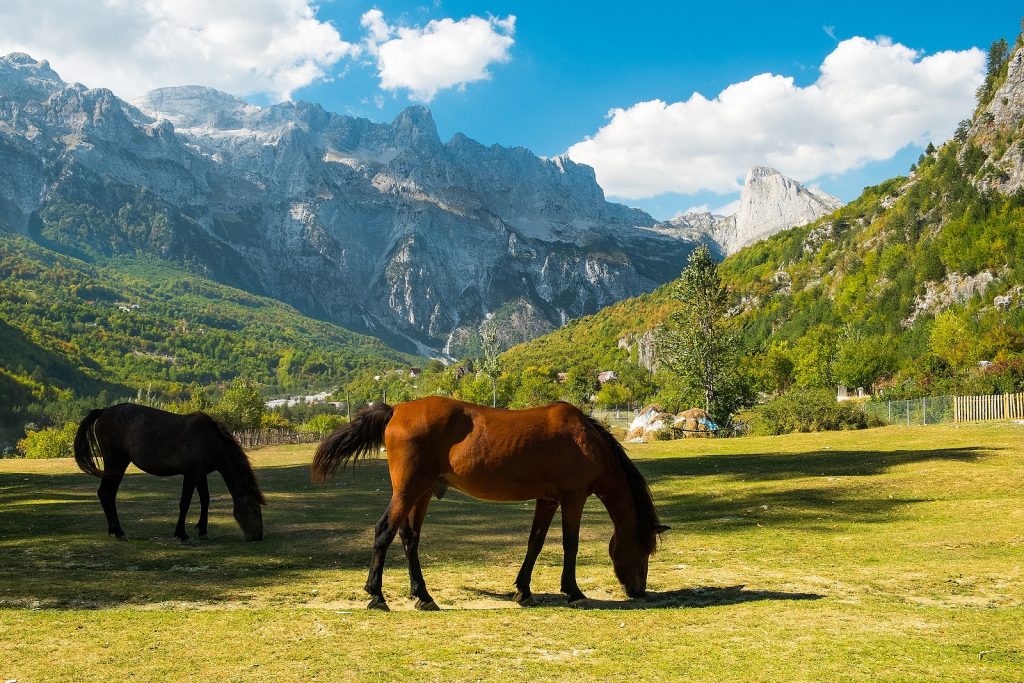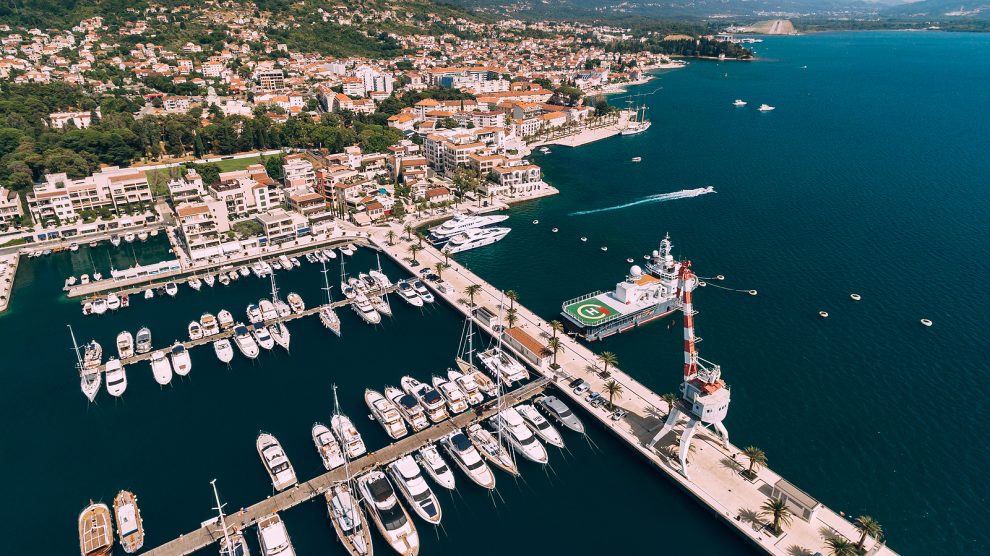If Central and Eastern Europe is to continue moving up the value chain, it must take stock of what it can offer, and not be afraid to charge a fair price for it. And that applies to tourism as much as any other sector of the economy.
I have long said – and indeed written at great length – that the region we call emerging Europe needs to leave the low-cost model, which has dominated its economy for 30 years, behind, and move up the value chain.
- Destination communism: How holidays to Eastern Europe were sold before 1989
- End of an era as Bucharest says goodbye to InterContinental, and Budapest’s Gellért closes its doors
- Travel the Balkans even if Mother tells you not to
Any sector, and tourism is no exception, which is simply competing on price alone will become stuck in an endless spiral, a race to the bottom, where there will always be somewhere cheaper, until one day there isn’t and the spiral just starts all over again.
This move towards value is already happening in the tourism sector in the emerging Europe region some places, but it is happening at a micro and not at a macro level. It has also been broadly limited to the construction and development of five-star hotels: creating higher value does not necessarily mean luxury.
We need to remember that we are seeing the emergence of a new generation of travellers for whom price is no longer the be all and end all of deciding where to take their holiday. And this trend will pick up speed in the wake of the Covid-19 pandemic. People want unique experiences, and they are not put off by having to pay a premium for them.
The key to this is to ensure that there remains a link between price and value, because any increase in prices is unlikely to deter travellers as long as value remains high.
It would be a problem if prices were going up and value wasn’t, but broadly this is not the case.
In general, as long as prices and value continue to increase together – and I think that there is still a great deal of scope for both to grow – then I do not see any issues.
But this also needs to include investment in people, in skills, and the creation of an institutional structure appropriate for innovation-led growth. This implies a greater strategic role for the private sector, but also the public sector which should be encouraging investment in the kinds of activities that can support higher pay levels, and tourism is one of those.
This can have a huge impact on the wider economy. Much of the region is still overly reliant on labour-intensive export industries, which will undergo massive structural change in the years to come.
They depend heavily on lower labour costs, and this restricts their prospects of catching up economically with Western Europe. Tourism, on the other hand, is an area where the south and east of the continent can actually lead convergence.
Europe as it once was
I recently heard a foreign visitor to Albania suggest that its rural regions represent Europe as it once was. But there is an issue here: Should we not ask ourselves Why? Why is the rest of Europe no longer like rural Albania?
One of the answers is that long ago Europe realised that it doesn’t want to be a subsistence farmer. This demands another question: Why should Albanians be any different?
The message here is that we have to be very careful of preserving these places in our own image. I fear that for many visitors to rural areas in this region, they see for a couple of days what can appear to be an idyllic lifestyle, which they may feel is more or less as good as it should get for an Albanian farmer.
A home made of traditional materials, some land to farm and a regular stream of visitors to keep a village’s pensions and eateries in business. Why would anyone want more? Why would anyone aspire to the kind of life that those visitors themselves enjoy?
In the post Covid-19 world there will increasingly be a place for countryside getaways, for slower holidays, for a return to nature, and both Albania and other countries in the emerging Europe region are ideally placed to take advantage.
But it’s important that we find a balance between preserving what makes these places special while also ensuring that they develop, offering their inhabitants, the locals, the kind of lifestyle we all aspire to.
And that goes back to my initial point: moving up the value chain, and not getting caught in the race to the bottom.

Taking stock
Travel was already evolving pre-covid and a small but growing group of travelers was demanding experienced-based trips and favouring destinations that were more environmentally sustainable.
This needs to become a key part of the messaging that national, regional tourist promotion offices use when attempting to attract visitors: it is now far more important than price.
In general, our countries continue to be a fair bit cheaper than Western European destinations. On the other hand, promoting with price alone can lead to some unwanted results. The most interesting part of our region is that it is still, relatively speaking, under-explored when compared to the rest of the continent.
The winners in our region, moving forward, will be those that can make the most of an underlying value or aspiration.
One of the ways that this can be done is by taking stock of what the region has to offer, and creating new value from it: there is no need to reinvent the wheel.
We often in this region fail to recognise what makes it attractive to tourists. We sometimes only realise what we have got when foreigners tell us. It’s time to take the lead ourselves.
Just one example comes from Romania: the Transfăgărășan Highway.
This spectacular mountain road, one of the country’s defining images since being featured on the BBC’s Top Gear programme a decade ago, is now one of its most popular tourist attractions.
Its international fame now means that motoring enthusiasts from all over Europe visit Romania each summer specifically to drive this road. And they can drive it for free.
As such, I have a very simple question: why is there no charge for driving over this amazing road?
It is purely a tourist attraction which – beyond Arefu on the southern side and Bâlea Cascadă on the northern approach – serves no villages.
Anyone who drives the road is doing so purely for leisure purposes, emitting noxious substances into a spectacular natural environment, and can do so for free
Would it be too much to ask every car going over the top to pay a fee of 25 lei (just over five euros) and use the money to protect the surrounding environment, as well as contribute to the upkeep of the road?
Moving up the value chain is a long process, but we can start by taking stock of what we have and then making the most of it: and that means not being afraid to charge a fair price for it.
This article is an abridged version of a keynote speech delivered at a conference looking at the future of tourism in the Western Balkans, held earlier this month in Albania and organised by Landways International.
Unlike many news and information platforms, Emerging Europe is free to read, and always will be. There is no paywall here. We are independent, not affiliated with nor representing any political party or business organisation. We want the very best for emerging Europe, nothing more, nothing less. Your support will help us continue to spread the word about this amazing region.
You can contribute here. Thank you.







Add Comment